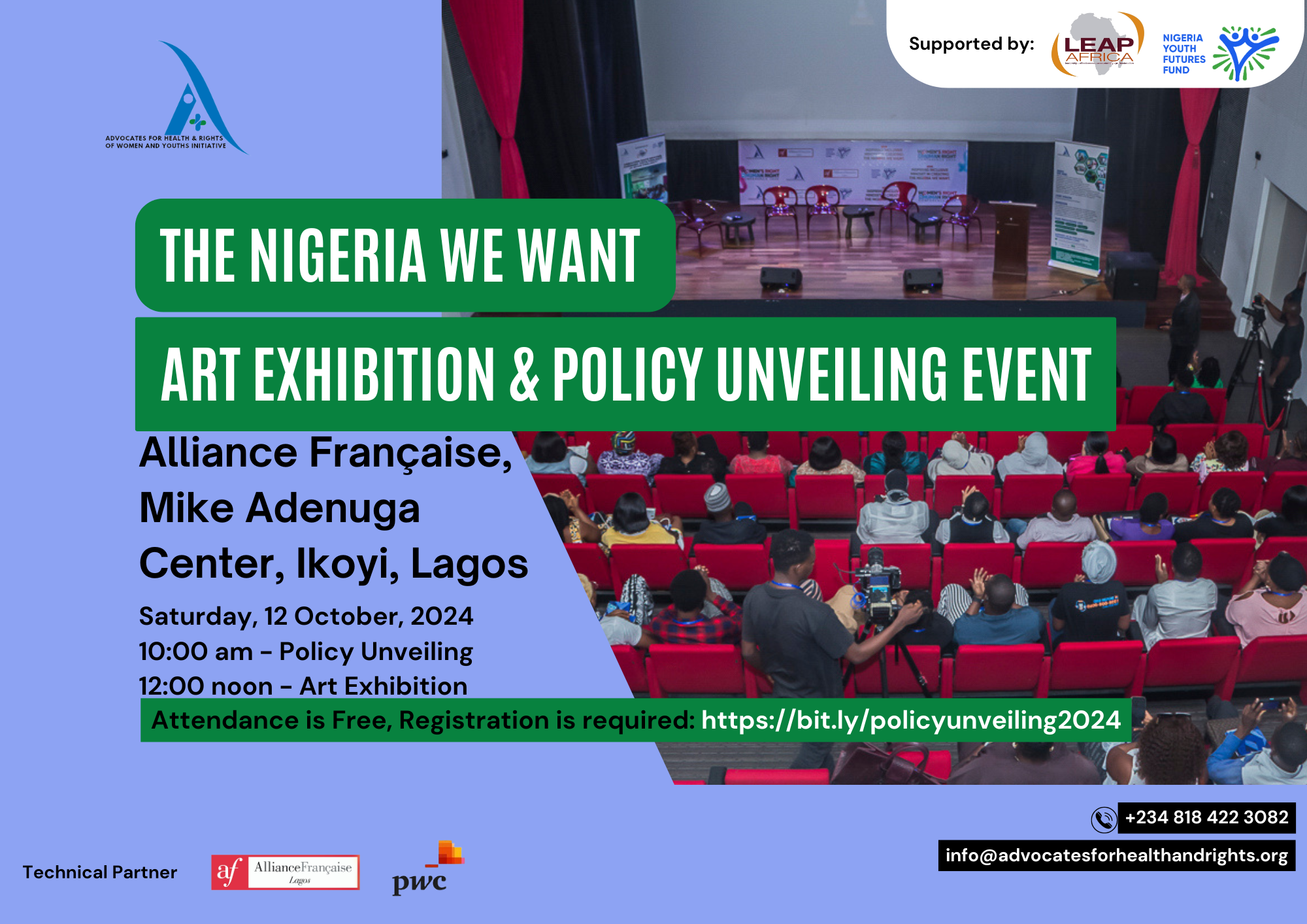Place your adverts here on InfoDig @ low rates; banner ads, sponsored links and guest articles etc. Contact us

The United Nations General Assembly (UNGA) will hold the upcoming UN Climate Change Conference in Baku, Azerbaijan from November 4 to November 22, 2024. The conference aims to facilitate significant and high-level discussions on climate action. World leaders, negotiators, activists, and stakeholders will gather to assess global progress on the Paris Agreement and establish a roadmap for a more sustainable and resilient future. Key topics for discussion will include climate finance, adaptation strategies, and the often overlooked but crucial issue of climate justice, particularly women’s health and period poverty.
The world continues to be impacted by the devastating effects of climate change but the connection between environmental degradation and women’s health is becoming increasingly apparent. Yet, discussions surrounding the effects of climate change on menstrual health and period poverty remain underdeveloped. As we prepare for COP 29, it’s imperative to bring this issue into sharper focus and advocate for the integration of menstrual health as a fundamental aspect of climate justice.
The Overlooked Crisis of Period Poverty
Period poverty, which is the lack of access to menstrual products, hygiene education, and adequate sanitation supplies, affects an estimated 500 million women and girls worldwide. This number has likely increased during the COVID-19 pandemic, disproportionately impacting vulnerable populations, particularly in low-income and middle-income countries. For many women and girls in rural areas, inadequate water, sanitation, and hygiene facilities make it extremely difficult to maintain proper menstrual hygiene.
The consequences of these conditions are severe. Insufficient menstrual hygiene can lead to reproductive infections, and in some cases, young girls are forced to exchange sex for menstrual products, putting them at a higher risk of sexually transmitted infections and sexual violence. These issues are worsened by the social stigma surrounding menstruation, often leading to further exclusion and discrimination for women and girls.
Despite increasing awareness of gender equality, menstrual health continues to be overlooked in global climate and development policies. It is crucial to design and implement sanitation and hygiene systems with menstrual health in mind to address period poverty, particularly in the context of climate change, which exacerbates existing inequalities.
Climate Change and Period Poverty
The link between climate change and period poverty is undeniable. Extreme weather events caused by climate change, such as droughts, floods, and hurricanes, disrupt water supplies, destroy sanitation infrastructure, and make it harder for women and girls to access menstrual products. In communities already struggling with poverty, these disruptions make it very difficult for women and girls to manage their periods safely and with dignity.
Women and girls in low-and middle-income countries are especially vulnerable, as they often suffer the most from climate-related food and water shortages, forced migration and health crises. They are more likely to live in poverty and have less access to healthcare, education, and economic opportunities. The combined effects of climate change and period poverty emphasise the urgent need for climate policies that prioritise women’s experiences and address the unique challenges they face.
Nigeria’s Role in Climate Leadership
In Nigeria, President Bola Tinubu has introduced measures to enhance the country’s participation in COP 29. One of these measures includes the launch of a Climate Accountability and Transparency Portal, aimed at increasing transparency in Nigeria’s climate efforts and saving the country nearly N10 billion in the process. At the previous climate conference, the president committed to reducing methane emissions in the oil and gas sector, including tackling methane leaks from gas pipelines. As COP 29 approaches, Nigeria is positioning itself as a leader in climate resilience and sustainable development, with a focus on renewable energy and the reduction of greenhouse gas emissions.
Beyond methane and renewables, it’s essential that Nigeria — and other nations — recognise the interconnectedness of climate change and gender inequality. Addressing period poverty and improving menstrual health infrastructure should be an integral part of broader national climate strategies.
At COP 29 in Baku, the world’s focus will be on accelerating climate action, reducing emissions, and building a more sustainable future. Meanwhile, we cannot overlook the voices of those most affected by climate change — particularly women and girls facing period poverty. It is time to recognise menstrual health as a matter of climate justice. By addressing the interconnectedness of climate change, period poverty, and gender inequality, COP 29 will make meaningful progress toward a more inclusive and equitable future. The time for action is now.
















 English (US) ·
English (US) ·